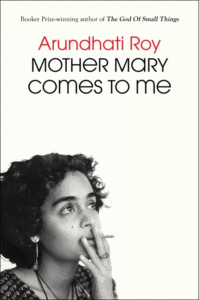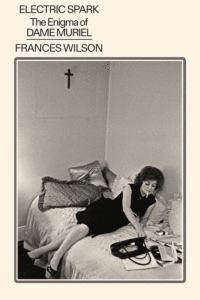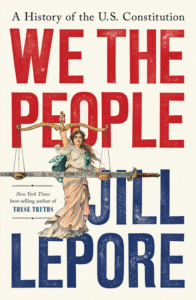
September’s Best Reviewed Nonfiction
Featuring Arundhati Roy, Stephen Greenblatt, Jill Lepore, and More
Arundhati Roy’s Mother Mary Comes to Me, Stephen Greenblatt’s Dark Renaissance, and Jill Lepore’s We the People all feature among the best reviewed books of the month.
*
1. Mother Mary Comes to Me by Arundhati Roy
(Scribner)
8 Rave • 4 Positive • 1 Mixed
“Roy’s stunning, dramatic, funny, far-ranging, and complexly illuminating chronicle portraying two strong-willed women fighting for justice and truth is incandescent in its fury, courage, and love.”
–Donna Seaman (Booklist)
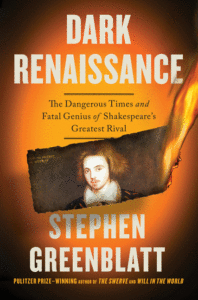
2. Dark Renaissance: The Dangerous Times and Fatal Genius of Shakespeare’s Greatest Rival by Stephen Greenblatt
(W. W. Norton & Company)
9 Rave • 2 Positive
“The book teems with the erudition and wonder that permeates Greenblatt’s Will in the World and The Swerve … Less a straightforward biography, more an evocation of Marlowe’s milieu, swimming in lush detail, immersing us in England’s social ferment at a hinge moment.”
–Hamilton Cain (The Boston Globe)
3. Electric Spark: The Enigma of Dame Muriel by Frances Wilson
(Farrar, Straus and Giroux)
6 Rave • 4 Positive • 1 Mixed
Read an excerpt from Electric Spark here
“A deeply intelligent, captivating and passionate work that reminds us of everything a literary biography can and should be … Wilson has the utmost respect for Spark, but more important for a biographer, she has fervent curiosity about her … Who was the real Muriel Spark? We may never know, and that’s the joy and delight of this book.”
–Jessica Ferri (The Washington Post)
4. We the People: A History of the U.S. Constitution by Jill Lepore
(Liveright)
7 Rave • 1 Positive
“May be [Lepore’s] best yet, a capacious work that lands at the right moment, like a life buoy, as our ship of state takes on water. She’s not here to rearrange deck chairs on the Titanic; she’s here to convey—in vigorous, crystal-clear sentences—what we’re losing, and why … Lepore senses peril but also a whiff of democratic revival. Asymmetries lie at the foundation of our government; as this gifted scholar reminds us, it’s our duty to tend to them.”
–Hamilton Cain (The Los Angeles Times)
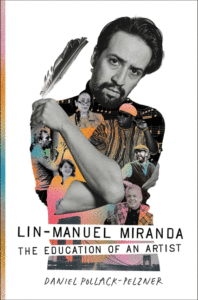
5. Lin-Manuel Miranda: The Education of an Artist by Daniel Pollack-Pelzner
(Simon & Schuster)
6 Rave • 1 Mixed
“Pollack-Pelzner is at his strongest when he delves into the fascinating nitty gritty of the collaborations that help productions come together … But this is not a hagiography. Pollack-Pelzner is frank about Miranda’s shortcomings … Pollack-Pelzner uses these details to treat Miranda as the creator he is—enthusiastic, vulnerable, ambitious, innovative, fallible—instead of as a mere celebrity. A different biographer might have used this as an occasion for dishy name dropping.”
–Jennifer Vanasco (NPR)
Book Marks
Visit Book Marks, Lit Hub's home for book reviews, at https://bookmarks.reviews/ or on social media at @bookmarksreads.









